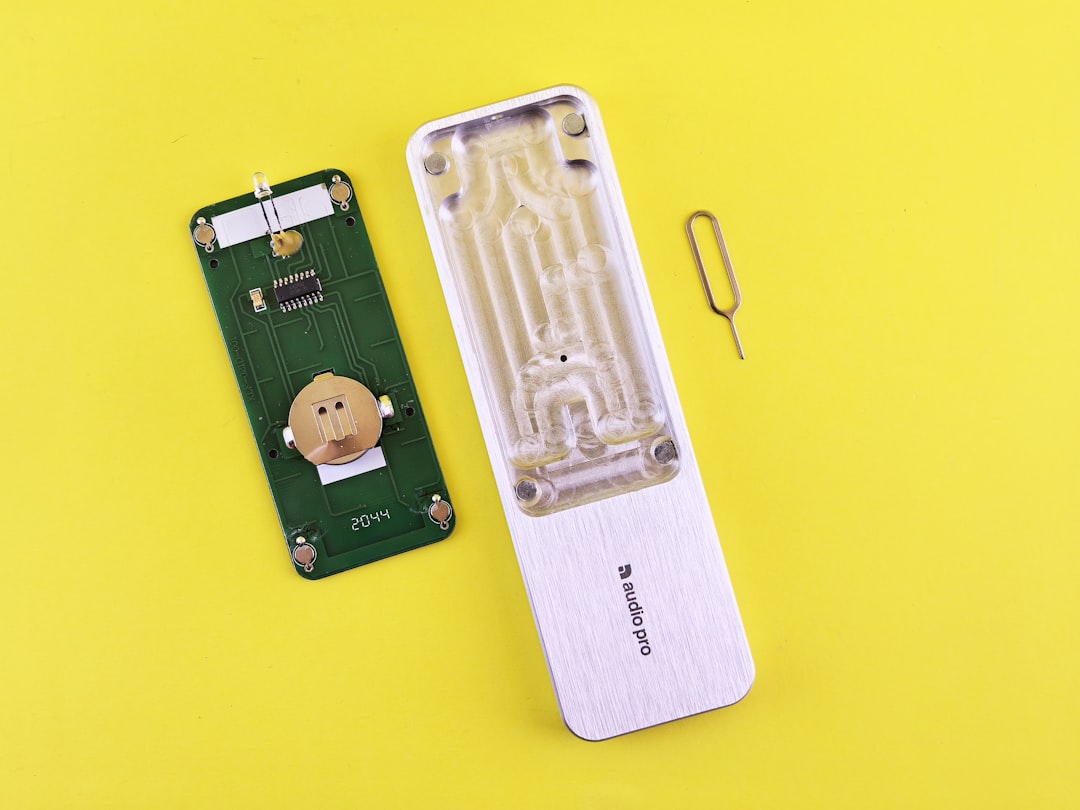Epsom Salt Battery Maintenance Tips
Pulse Charging Techniques: A Closer Look at Modern Solutions for Sulfation
Battery, argue that this method does more harm than good. Proper Care PracticesThe best way to extend your battery's life is through regular maintenance and careful adherence to manufacturer-recommended procedures. It transforms vital sulfuric acid into sodium sulfate, which is useless for electricity production and permanently reduces the battery's capacity.
Safety Concerns with Home Remedies for Battery RevivalThe Misconception of Home Battery RevivalMany individuals turn to internet resources for solutions when facing the problem of a dying battery, hoping to delay the purchase of a costly replacement. Pulse charging, for instance, uses short bursts of energy that can help reduce sulfation on lead-acid batteries-a common cause of early battery failure.
Following manufacturer guidelines not only preserves the integrity and functionality of batteries but also safeguards users from potential hazards associated with unverified home remedies. S.
Damaging Effects of Common Household SubstancesOther well-intentioned but ultimately harmful hacks involve using baking soda or aspirin. Wehmeyer suggests that rather than experimenting with unproven hacks or expensive equipment, maintaining regular care through proper charging practices offers a better chance at extending a battery's lifespan.
